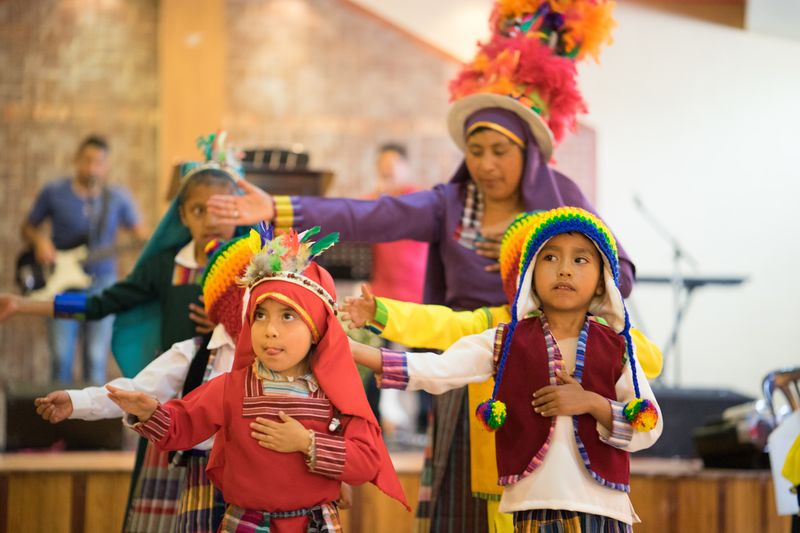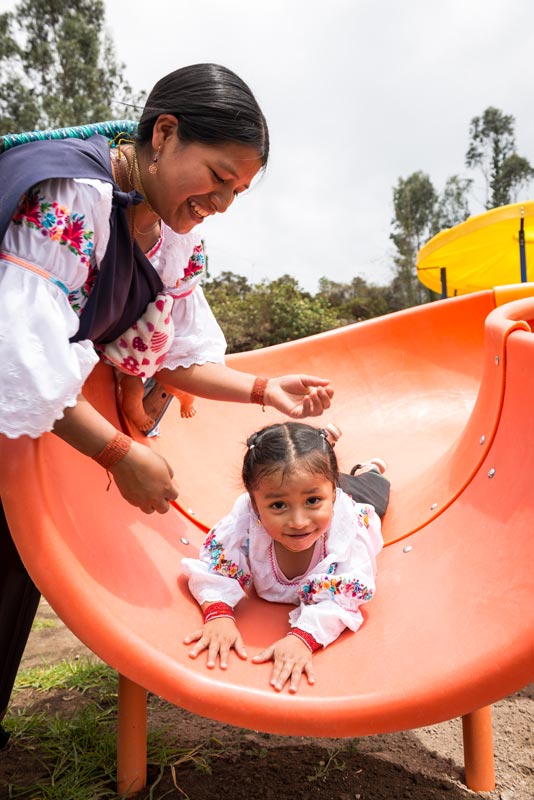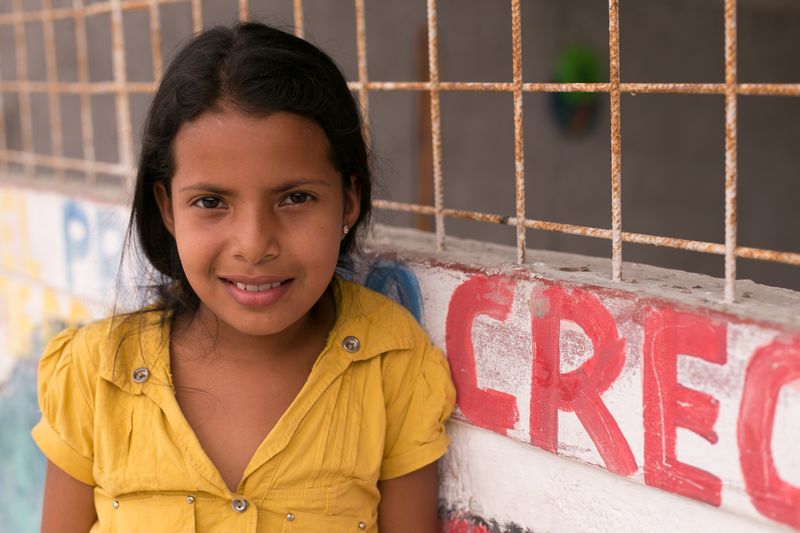Key Challenges in Ecuador & Our Response
Although Ecuador boasts beautiful landscapes and incredible wildlife, it’s also home to children and families living in devastating poverty. Children in impoverished communities face many challenges, from lacking access to medical care to suffering violence.
Children in Remote Areas Can’t Get Essentials
Ecuador has many remote areas, including the Amazon and the Andes. Children who live in these regions can’t get critical services like clean water, medical care and education, putting their lives at risk and limiting their opportunities to overcome poverty.
Our Response: Reaching Children in Ecuador’s Remote Regions
Compassion partners with local churches near these areas. Together, we offer medical care, education support and many other essentials to children and families in remote communities.
For example, this might look like building a water filtration system for a village or ensuring a child gets treatment when they’re sick.
Violence Threatens Children
According to recent data, violence against children in Ecuador has risen significantly. Some of this violence stems from armed groups that recruit children. Other forms of violence, like physical abuse, are also unfortunately common.
Our Response: Protecting Children From Violence & Abuse
At Compassion, we believe it’s our duty to know, love and protect children. Children in our programs are protected by staff and volunteers who have been trained to spot the signs of abuse and quickly intervene. We also teach children about their rights, empowering them to stand up for themselves and ask for help when they need it.

Children laugh as they throw confetti into the air.
Caption

Children wear traditional Ecuadorian clothes as they dance on a festive occasion.
Caption

Boys play soccer on the beach.
Caption

Children pray before their meal.
Caption

Children hang on the playground equipment at their child development center.
Caption

A boy who faces a rare bone disease smiles with hope.
Caption

Children learn about the love of God with Bibles of their very own.
Caption

A boy stands in a chicken coop.
Caption

A young girl slides on her stomach on the playground at her child development center.
Caption

A girl stands and smiles outside her child development center.
Caption